Allergies occur when a person's immune system responds aggressively to particular allergens, which don't typically provoke reactions in most individuals. These allergies can be linked to bee venom, pollen particles, pet hair flakes, or certain food items.
Typical signs of an allergy are often rhinitis (a persistent runny nose), hives, and itchy skin conditions. However, allergy reactions vary greatly in different people and substances. It ranges from mild inflammation to a life-threatening reaction known as anaphylaxis.
Most allergies can’t be cured. However, there are effective treatments that relieve symptoms and provide comfort to people with immune system hypersensitivity. If a person has a severe allergic reaction, the doctors use epinephrine – a life-saving medication to stop the reaction to the allergen.
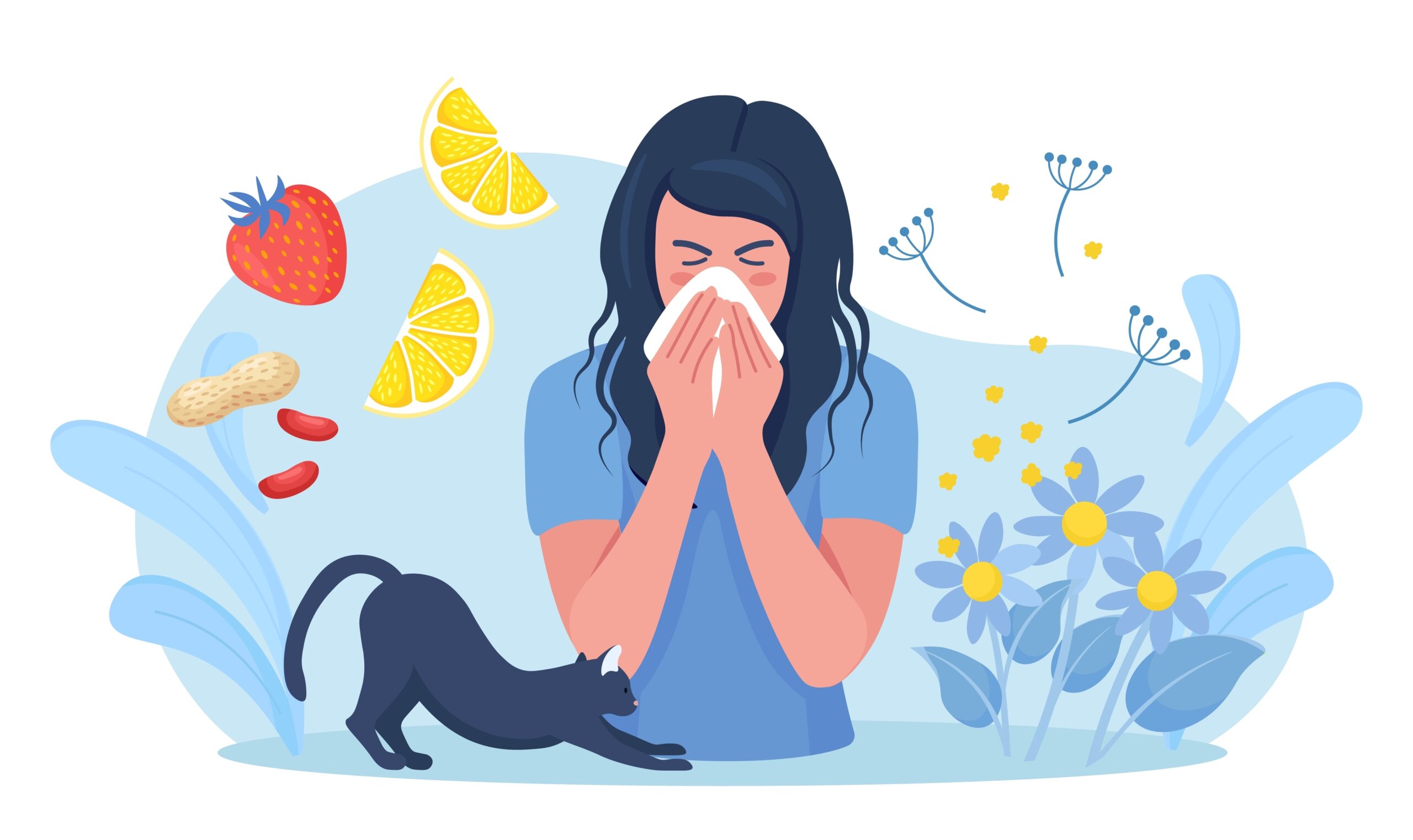
Allergies are very prevalent. According to the CDC, more than a quarter of United States citizens![]() have at least one allergy. According to those data, over 25% of adults have a seasonal allergy, and around 6% have a food allergy.
have at least one allergy. According to those data, over 25% of adults have a seasonal allergy, and around 6% have a food allergy.
Among children, boys are more likely to get seasonal allergies than girls.
A food allergy happens when you eat a particular food that your body recognizes as a harmful substance and launch an immune reaction against it. The severity of the reaction ranges from mild to severe, and it is essential to remember that it isn’t always the same. If you experience mild reactions to a particular food, it doesn’t mean that the allergic reaction will look the same next time – it can become more severe.
The most common food that triggers allergic reactions include:
Food allergy![]() symptoms include nausea, vomiting, hives, itching skin, and swelling (edema) in the mouth area (tongue, face, and throat).
symptoms include nausea, vomiting, hives, itching skin, and swelling (edema) in the mouth area (tongue, face, and throat).

Inhalant allergies occur when the substance to which your body overreacts is consistent with the air you breathe. It includes seasonal allergies and allergies that happen throughout the year. Allergens that may cause this type of immune system overreaction include:
Inhalant allergy symptoms include rhinitis, nose itch, sneezing, and watery, itchy, and red eyes (conjunctivitis).
Latex is a natural rubber acquired from the sap of the rubber trees growing in Africa and South Asia (Hevea brasiliensis). However, natural rubber latex should be distinguished from synthetic latex produced by chemicals that do not cause allergies in humans.
Latex allergy![]() can develop after repeated exposure to latex. Keep it in mind when you develop contact allergy symptoms – the fact that you used latex products in the past without developing an allergy doesn’t confirm you are not allergic.
can develop after repeated exposure to latex. Keep it in mind when you develop contact allergy symptoms – the fact that you used latex products in the past without developing an allergy doesn’t confirm you are not allergic.
Latex products include:
Symptoms of latex hypersensitivity are most commonly contact dermatitis, a skin rash that appears on the site of skin that had contact with latex products. It usually develops in a few minutes from skin contact with latex. Less common symptoms include a runny nose, itching, hives, difficulty breathing, and a fall in blood pressure (shock).
When a human is stung by an insect, it may release venom under the skin. Venom is a substance that can cause an immune system reaction. Most people don’t have allergic reactions after being stung by an insect or having a mild one. Severe, life-threatening reaction is estimated to affect up to 0.8% of children![]() and 3% of adults.
and 3% of adults.
In the United States, there are five known insects whose venom can cause an allergic reaction after the sting. These are:
Symptoms of insect sting allergy include:
If you are diagnosed with an allergy to insect venom or have had anaphylaxis in the past, you will probably be prescribed self-injected epinephrine. Remember to carry it with you at all times for emergency rescue.
Certain medication substances can cause allergic reaction symptoms in some people. This happens when your immune system recognizes those substances as a threat and reacts against them. It can concern all types of drugs – over-the-counter medications (OTC) and prescription ones. Also, any form of the drug can lead to hypersensitivity – pills, liquid, topical, or injectable form.
Medications that most commonly cause allergies include:
Drug allergy symptoms include skin rash, itching, hives, wheezing, breathing problems, drop in blood pressure, swelling, dizziness, and vomiting.
Remember to always tell doctors about your drug allergies. Even if they don’t plan to prescribe you medication you’re allergic to, it is essential to mention your drug intolerances since having an allergic reaction to certain drugs may raise your chances of having it in response to some others.
Many different cells of the immune system and the substances they produce are involved in the body's response to allergens. Cells of the immune system, including eosinophils, mast cells, lymphocytes, and antibodies – immunoglobulins E (IgE), protect the body against threatening factors, e.g., microorganisms. Sometimes, however, these cells recognize harmless allergens as dangerous and initiate a response leading to the patient's sensitization.
Initially, the allergen is recognized by dendritic cells. They present them to cells called T lymphocytes, which regulate the functioning of the immune system, which in turn instruct B lymphocytes to produce antibodies, the so-called immunoglobulins E. The tendency to make IgE is hereditary, i.e., genetic. Diseases in which IgE immunoglobulins play the leading role are called IgE-dependent.
Immunoglobulin E, combined with mast cells found in the patient's tissues, stimulates them to secrete substances, including histamine and causes the influx of many inflammatory cells. This, in turn, causes allergy symptoms.
Common substances that trigger allergy (allergens) include:
Some people are at a higher risk of having allergies. The risk factors include:
Experts found risk factors that also raise the risk of severe reactions. Those include:
Symptoms of allergies depend on their causes. Also, the severity of body reactions to the allergen ranges from mild to life-threatening.
Allergic rhinitis, also called hay fever![]() , causes symptoms such as:
, causes symptoms such as:
Food allergy symptoms can involve the gastrointestinal, skin, cardiovascular, and respiratory systems. Symptoms may include:
Bug bites can have different effects on different individuals. An intense localized reaction might go beyond the site of the sting, leading to a larger area of itchiness and redness. Symptoms of insect sting allergy![]() include:
include:
Symptoms of a drug allergy may include:
Sometimes, the first time you take medication you’re allergic to, you may not experience allergic reaction symptoms. However, your body produces antibodies to this specific substance that will cause symptoms the next time you take it.
Anaphylaxis is a swift and potentially fatal hypersensitivity response triggered by certain elements such as food, medication, or venom from bee stings. This reaction typically induces blood pressure to drop dramatically, resulting in shock. For the majority of individuals experiencing anaphylactic reactions – skin rashes, also known as hives, often show up before anaphylaxis after consuming particular foods or medications.
Dangerous symptoms![]() include:
include:
There are several types of tests for allergies. The most common ones are:

If you have an allergy, the first thing you can do is avoid the allergen that causes it. However, in the case of pollens, dust mites, and other inhalant allergies, it may be impossible to avoid allergens altogether. In that case, OTC or prescription medications may be necessary.
Treatment for allergies includes:
The specific treatment choice should be discussed with the doctor as every person’s allergy may be managed differently.
The most effective allergy prevention method is avoiding things you’re allergic to. When you can't avoid contact with allergens altogether, try to minimize it as much as possible.
Vacuum your rugs and carpets regularly to remove dust mites, pollens, and animal dander. Changing your sheets weekly is best if you are allergic to dust mites.
It’s a good idea to wear a medical alert bracelet if you have experienced severe reactions so that others can know you have an allergy and quickly assist you if needed.
If you have a food allergy, remember to ask if the meal you’re ordering in the restaurant is free of the food you can’t eat. Even if it doesn’t seem to contain it at first, some sauces can have peanuts in them, so it’s best to let the waiter know about all your food allergies.
If you notice any symptoms of allergies, such as runny nose, skin rash, itching, or sneezing, you should consult your doctor, who may run a further diagnosis and implement treatment. The doctor who diagnoses and treats allergies is called an allergist.
Call an ambulance immediately if you experience symptoms of a severe reaction, such as breathing difficulties, wheezing, dizziness, and a drop in blood pressure.
Table of Contents
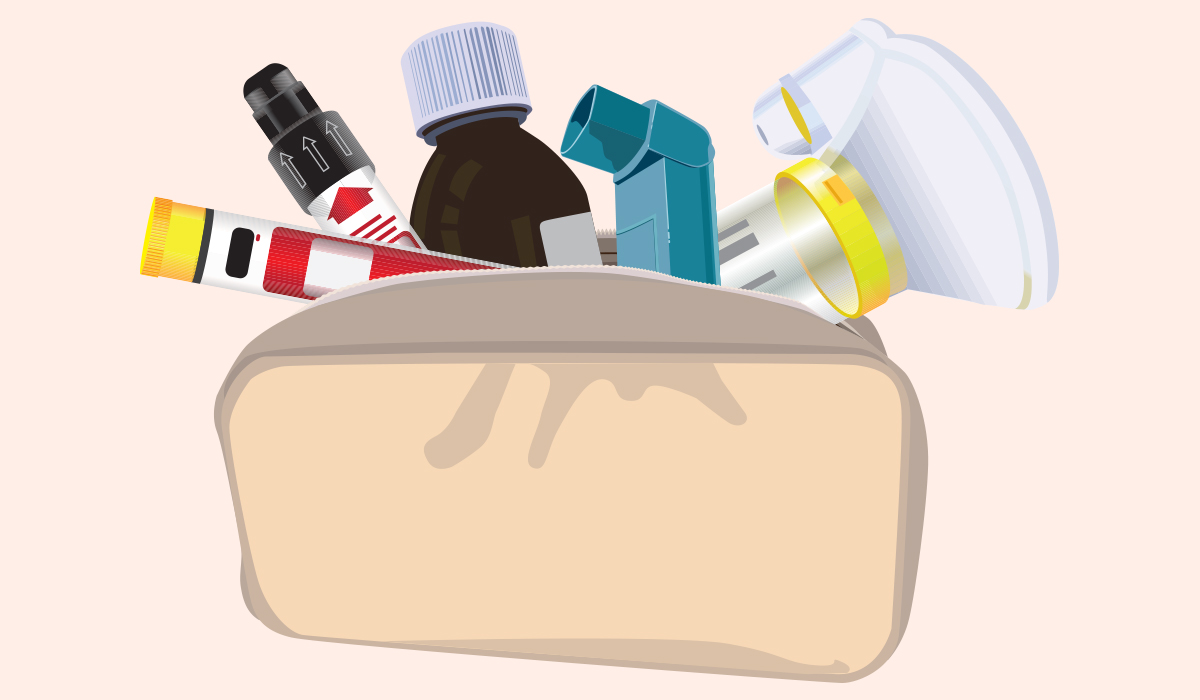
Anaphylaxis is a strong reaction that happens when your body faces allergens it strongly dislikes, like peanuts or insect bites.… read more »
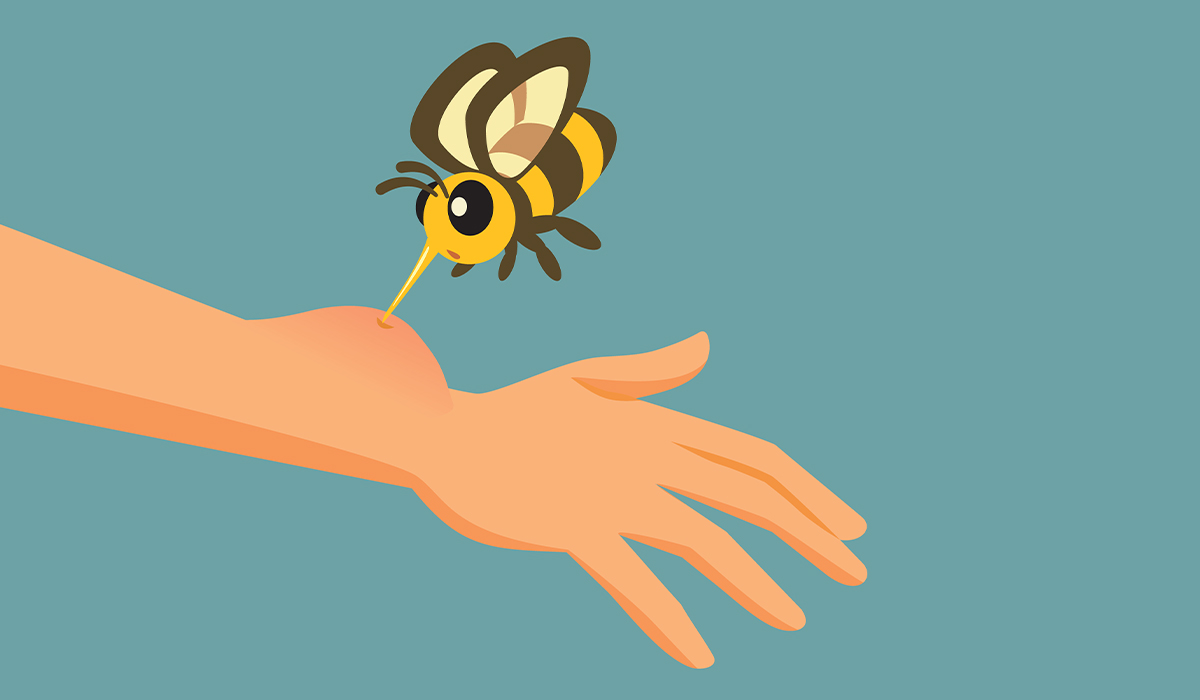
When a bee sting happens, it implies the bee is working hard to push the stinger into someone's skin and… read more »
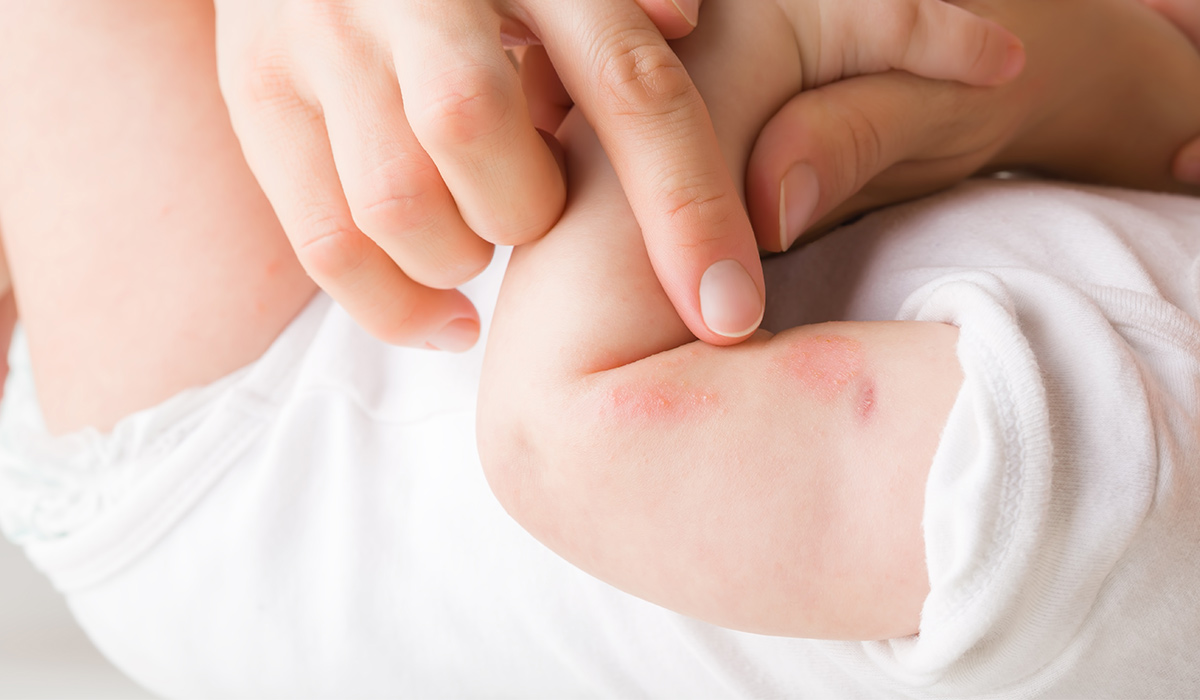
Urticaria is a disease in which raised pale blisters surrounded by redness form on the skin under the influence of… read more »

Food allergy is a common condition. Nowadays, the number of cases is increasing. The symptoms are many and varied. Find… read more »

An allergist is a doctor who specializes in diagnosing, treating, and managing allergies and other immune system disorders. read more »

Hay fever is one of the symptoms of allergies. It may appear immediately after contact with the allergen or after… read more »
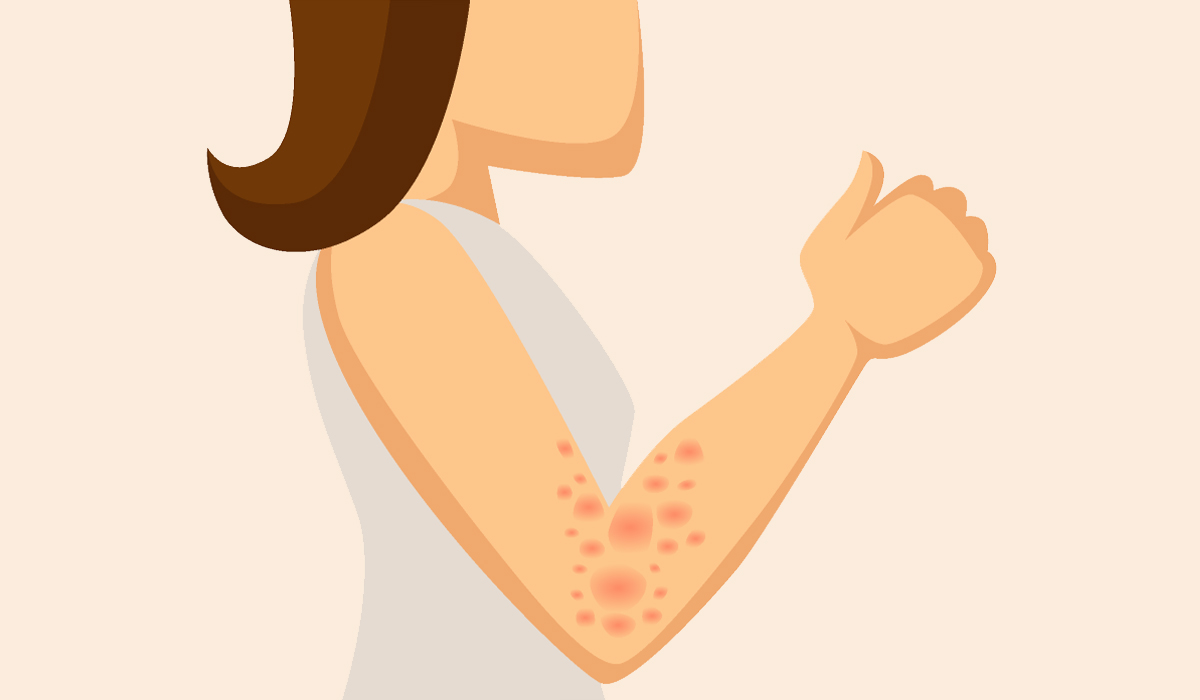
Angioedema is a medical condition characterized by rapid and localized swelling in the deeper layers of the skin and inner… read more »
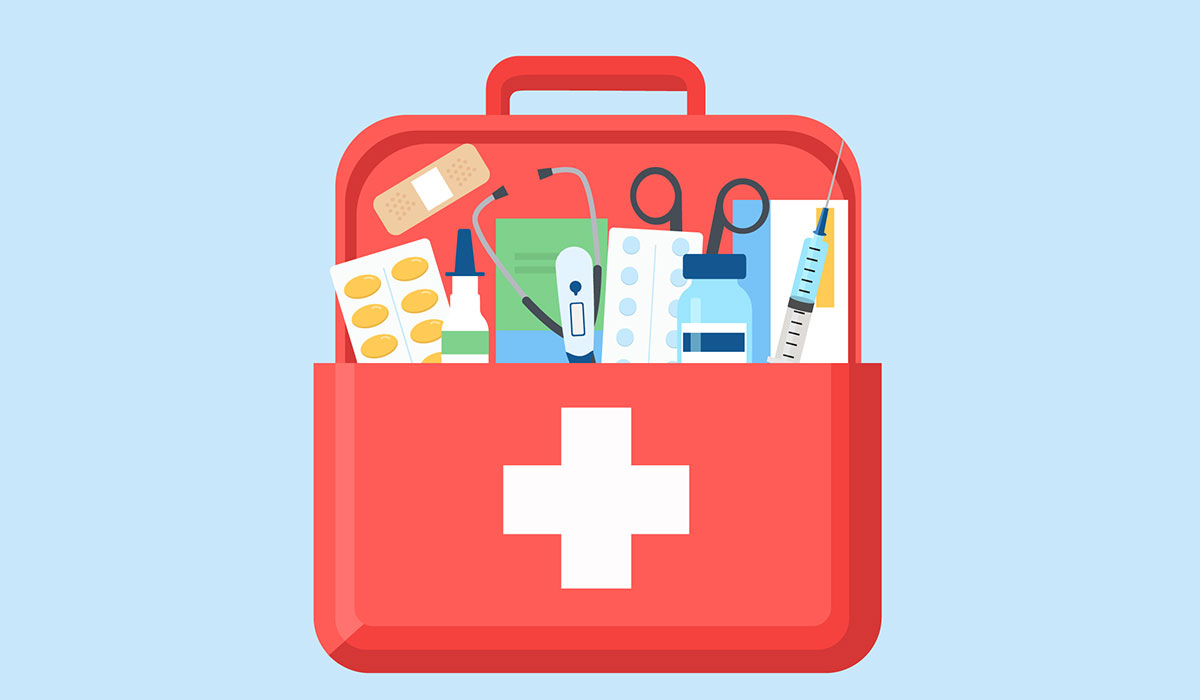
First aid is the immediate care given to someone who is injured or ill, before professional medical help arrives. What… read more »
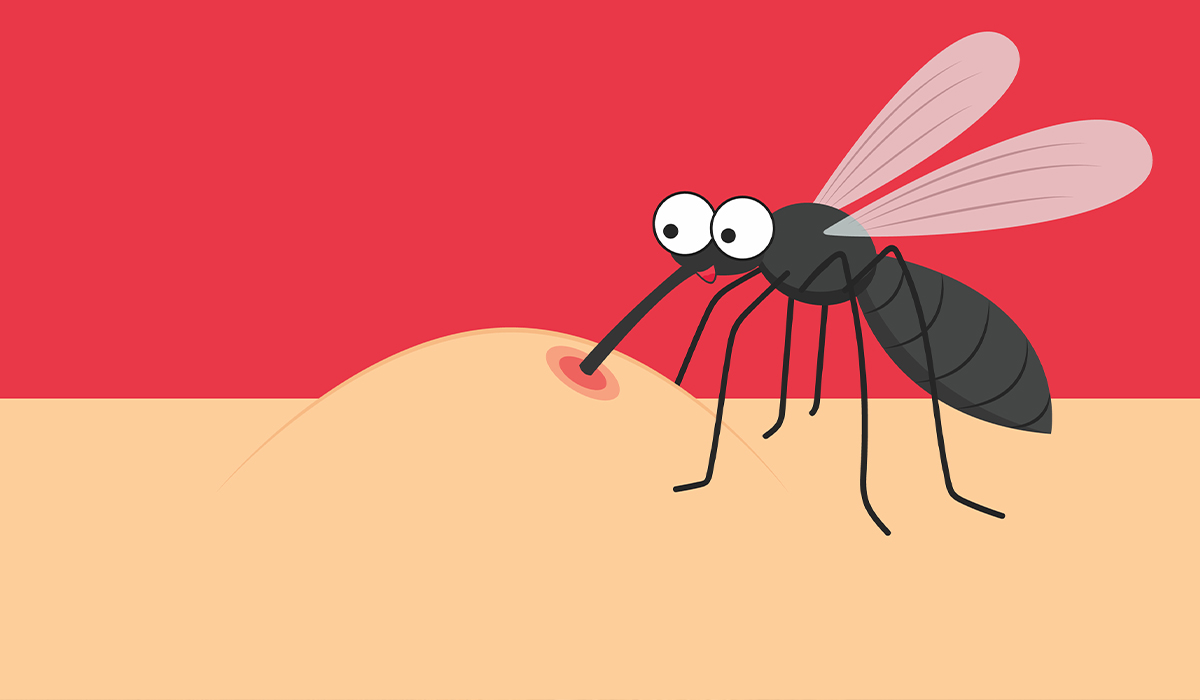
Mosquito bites are a skin reaction to the bite of a female mosquito. Why is this happening? How to prevent… read more »